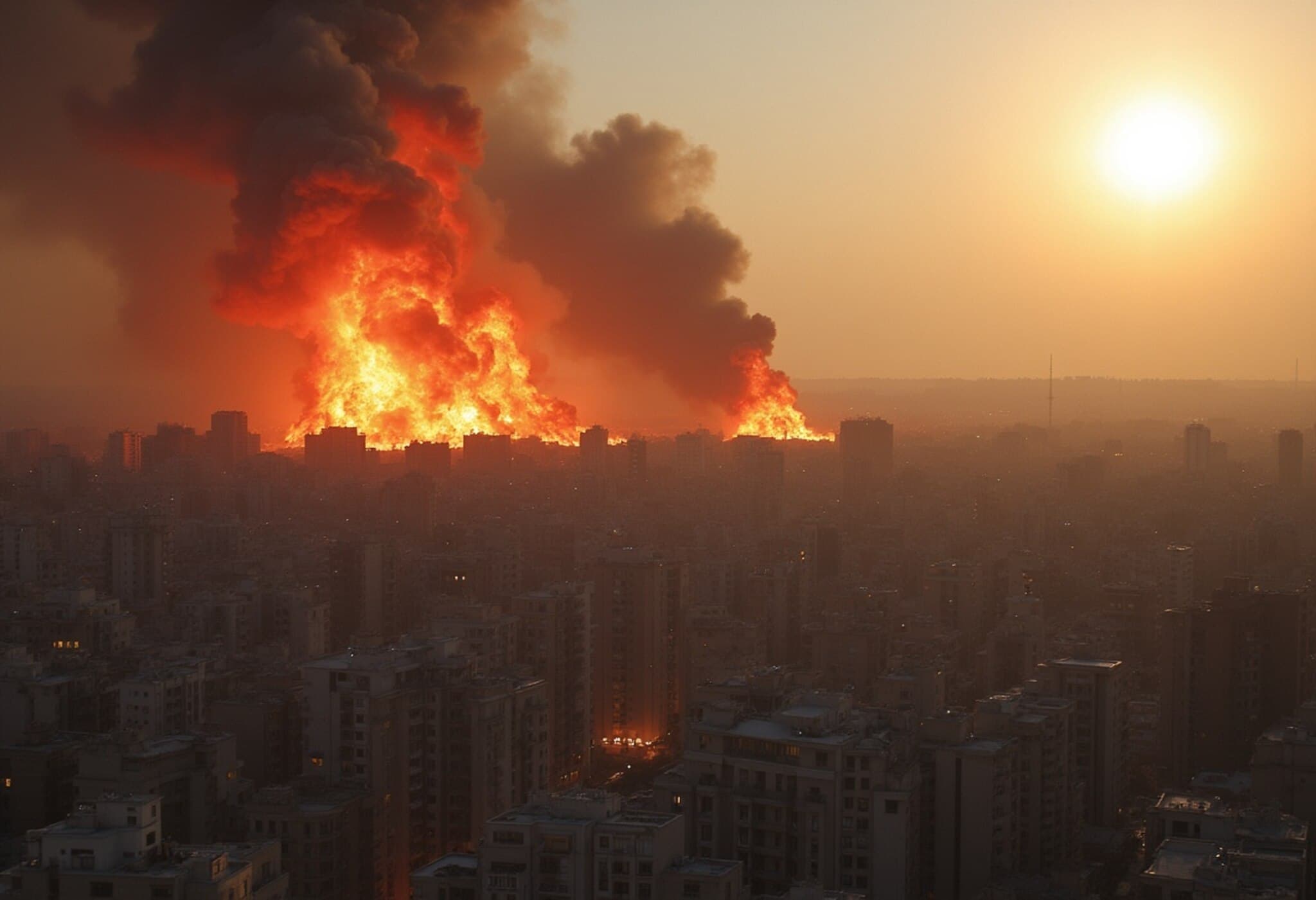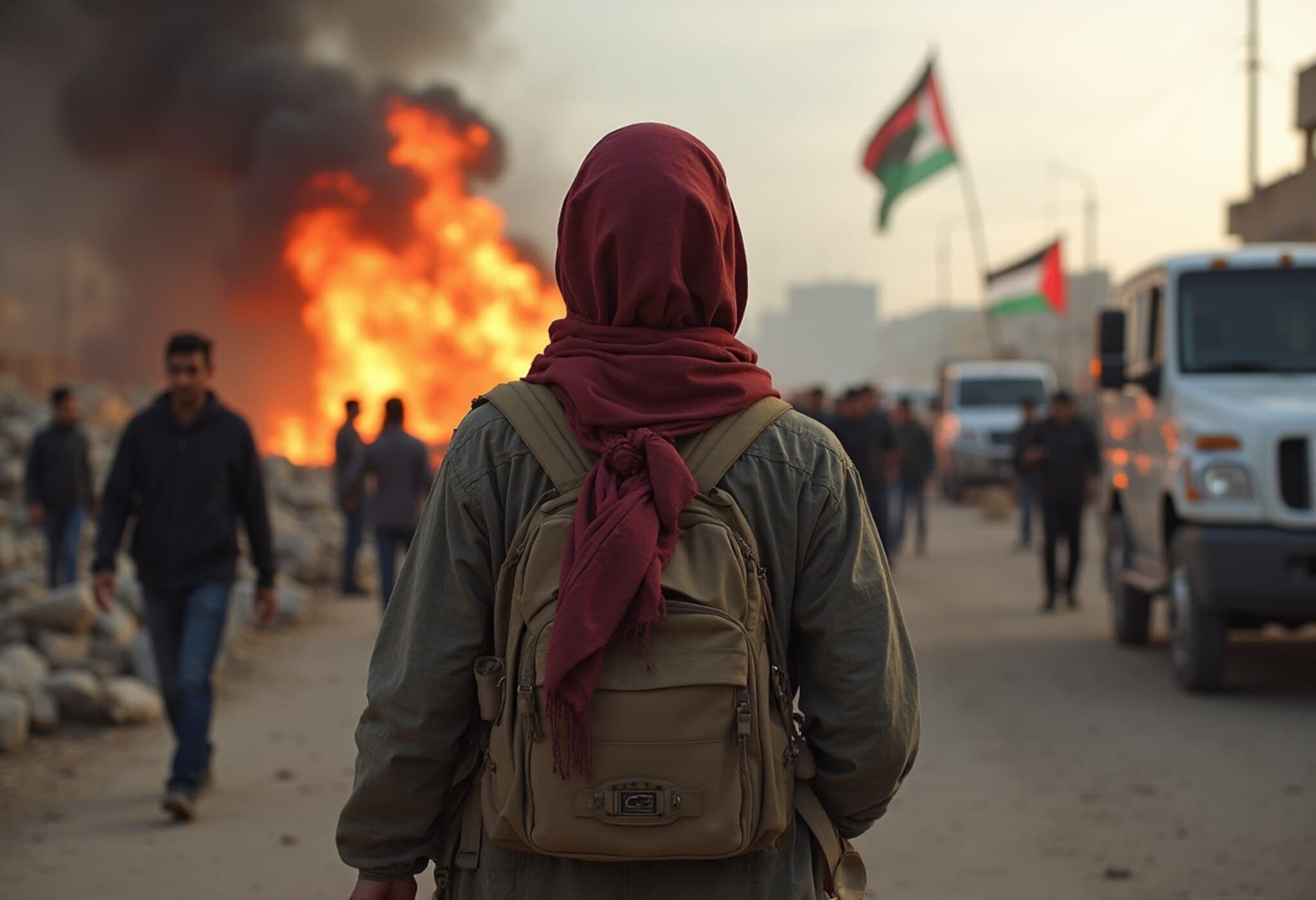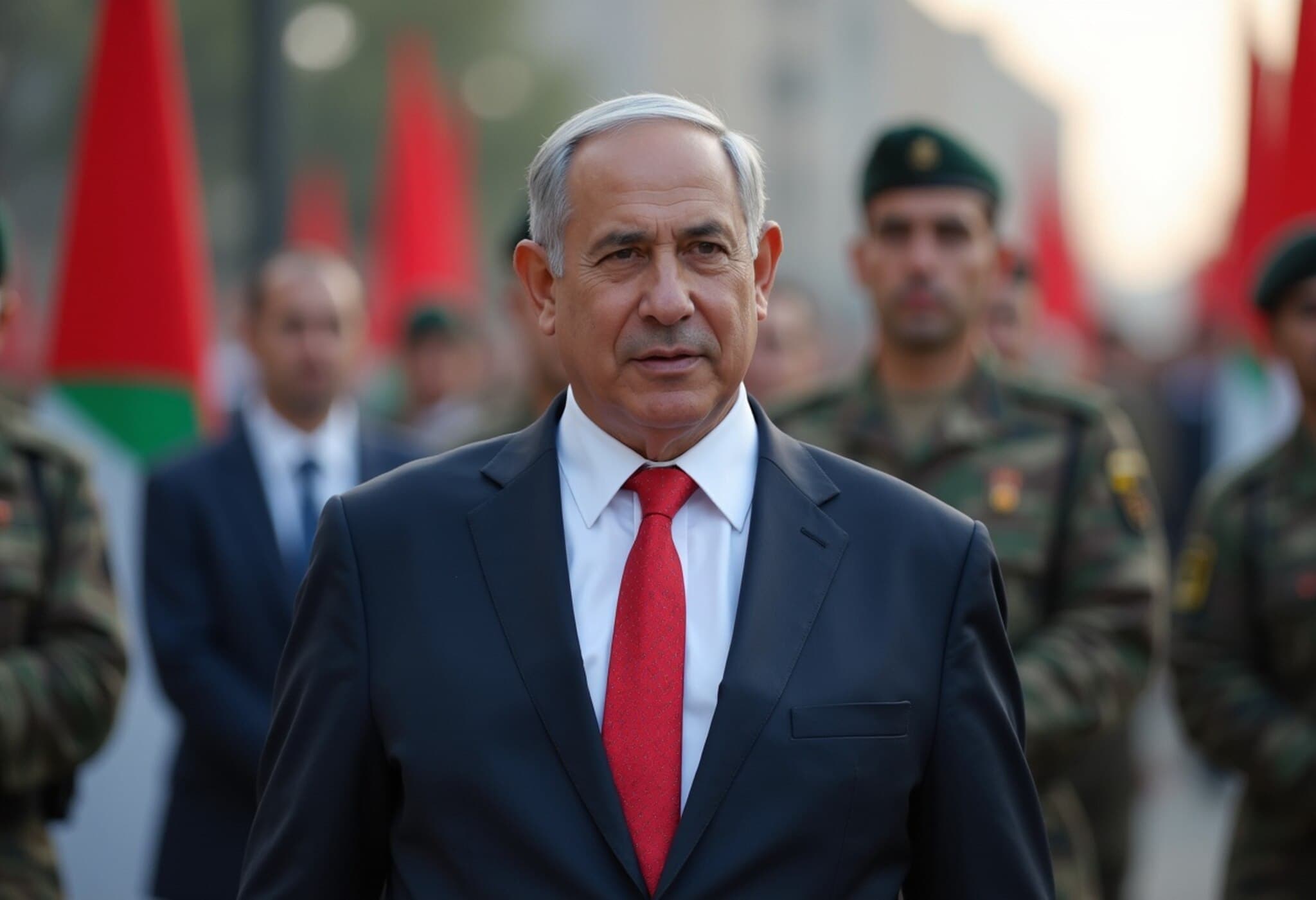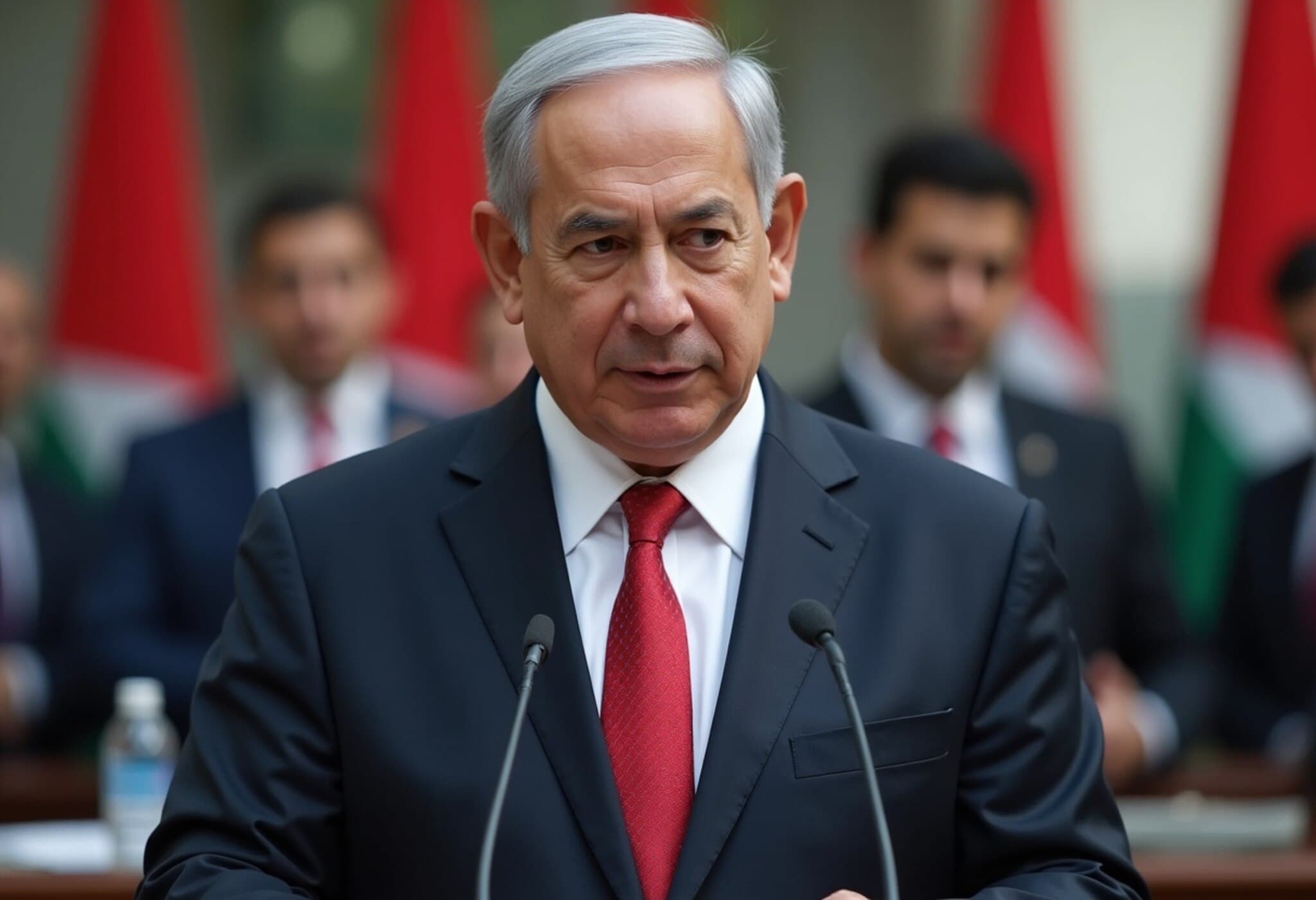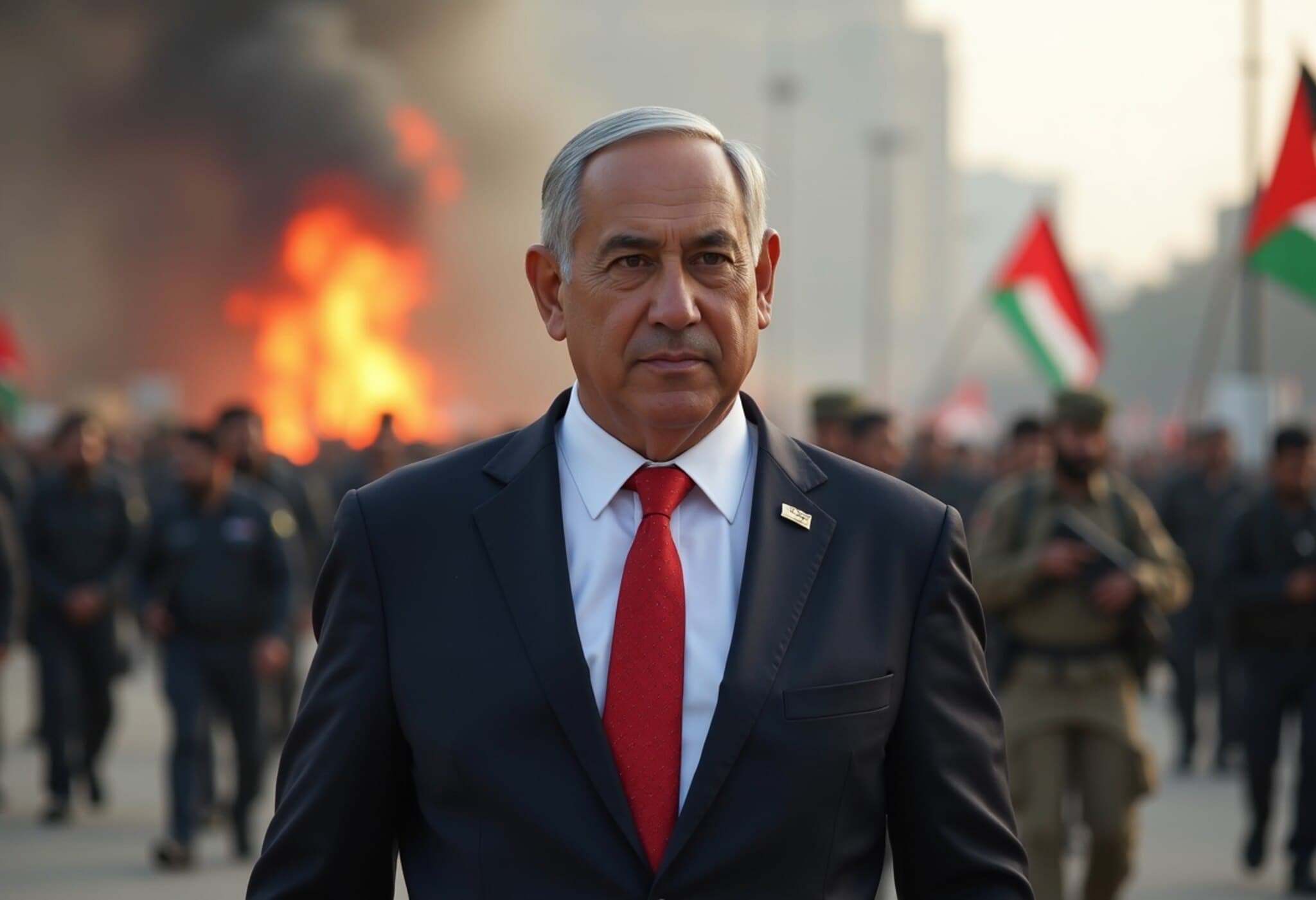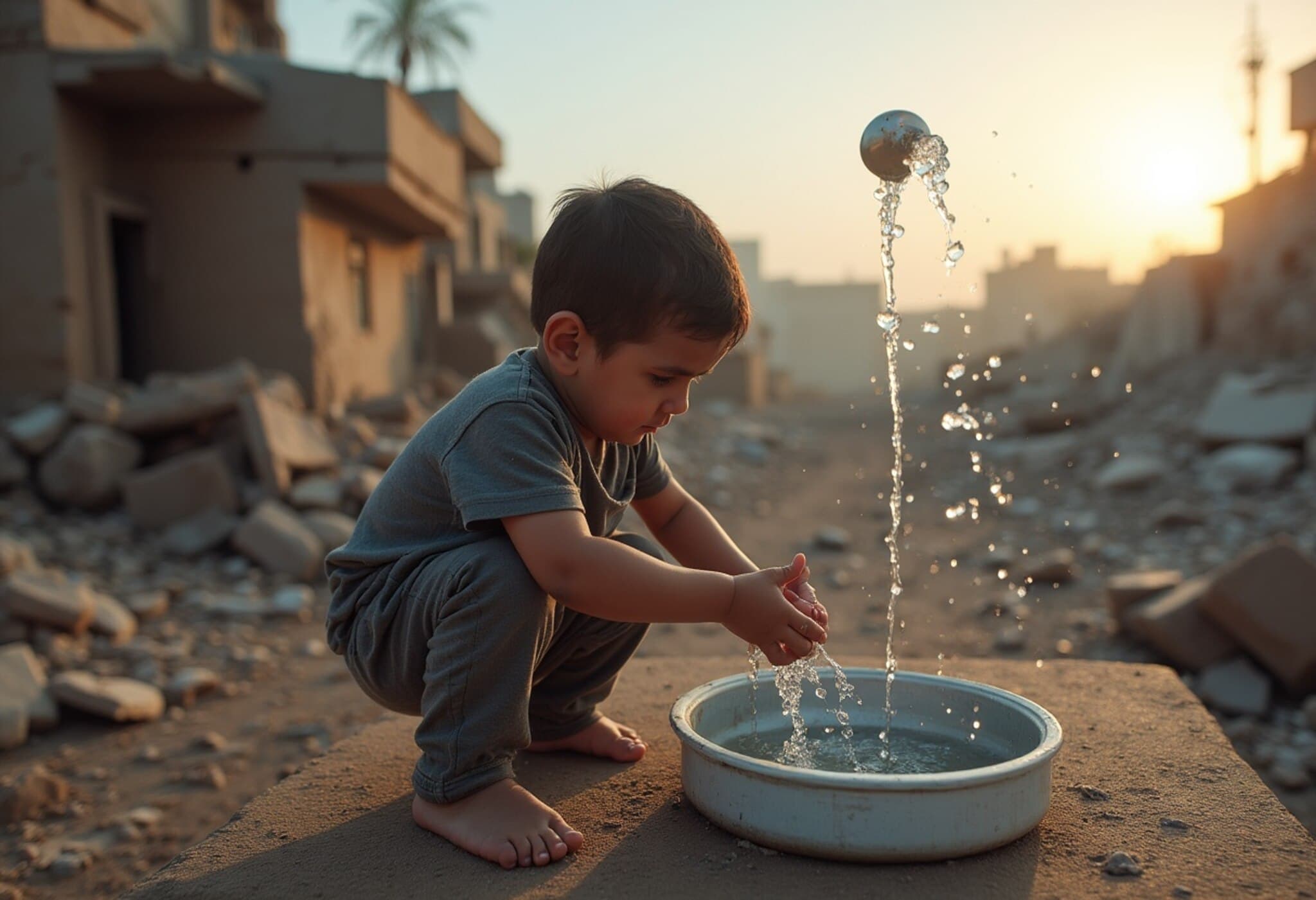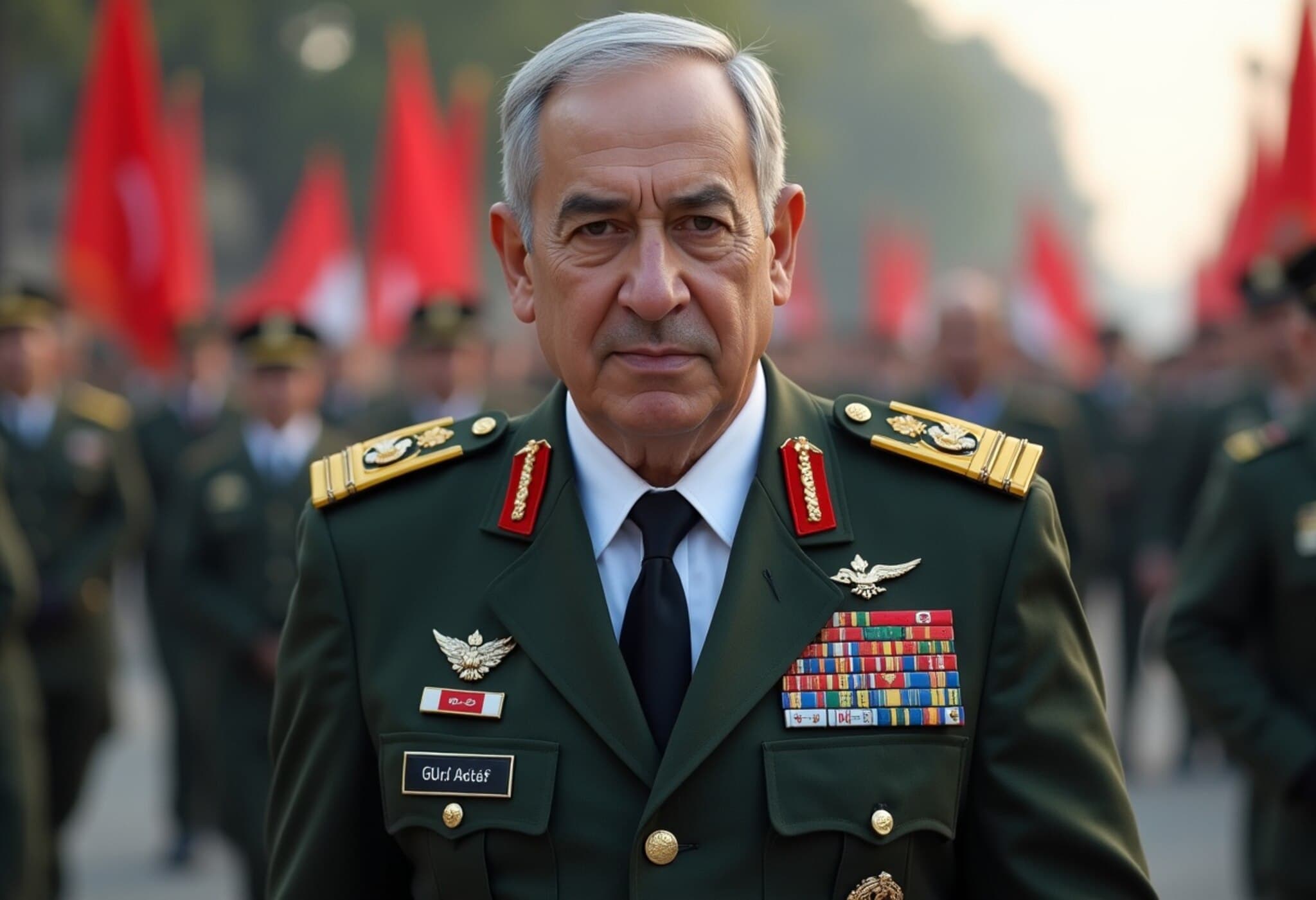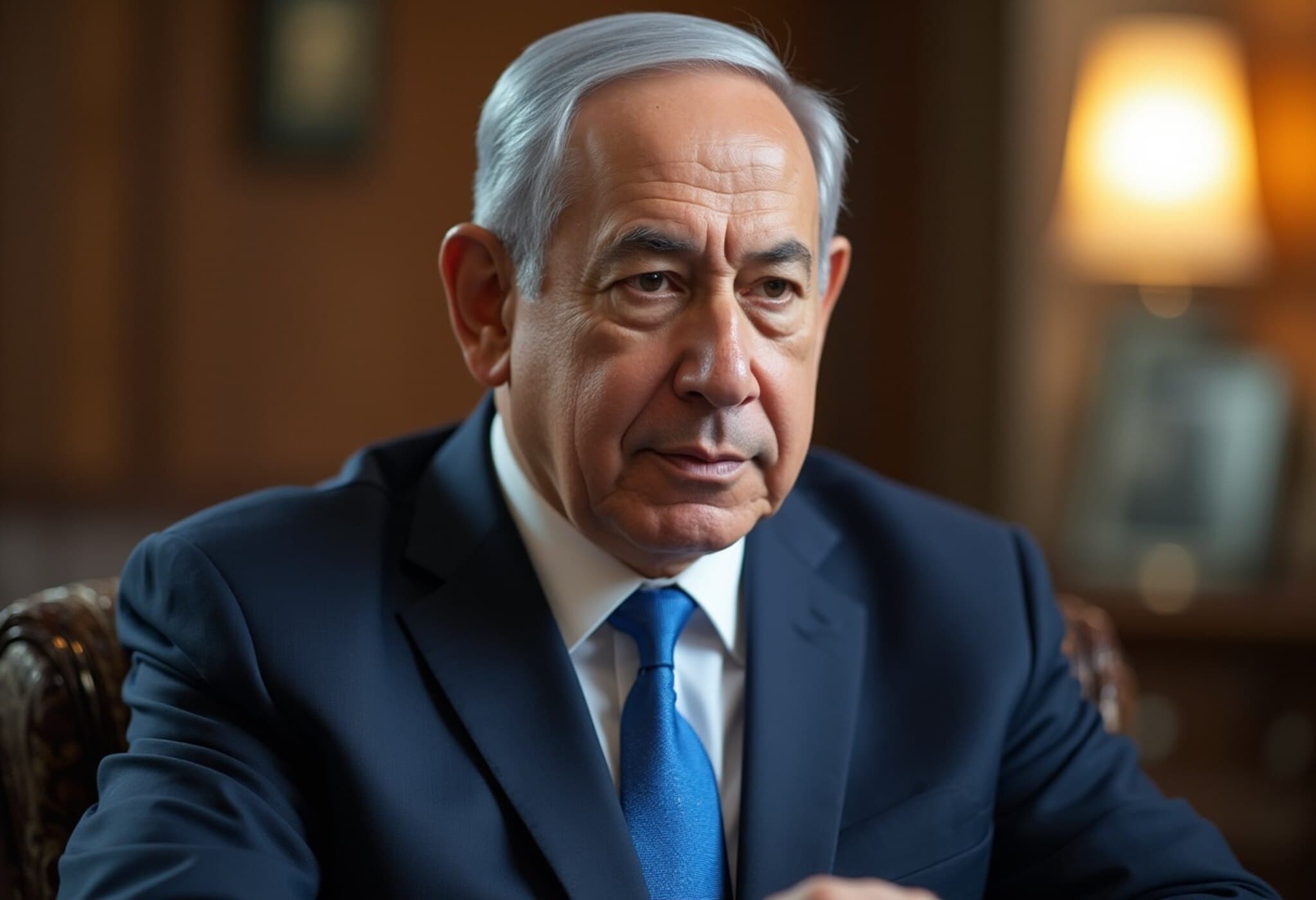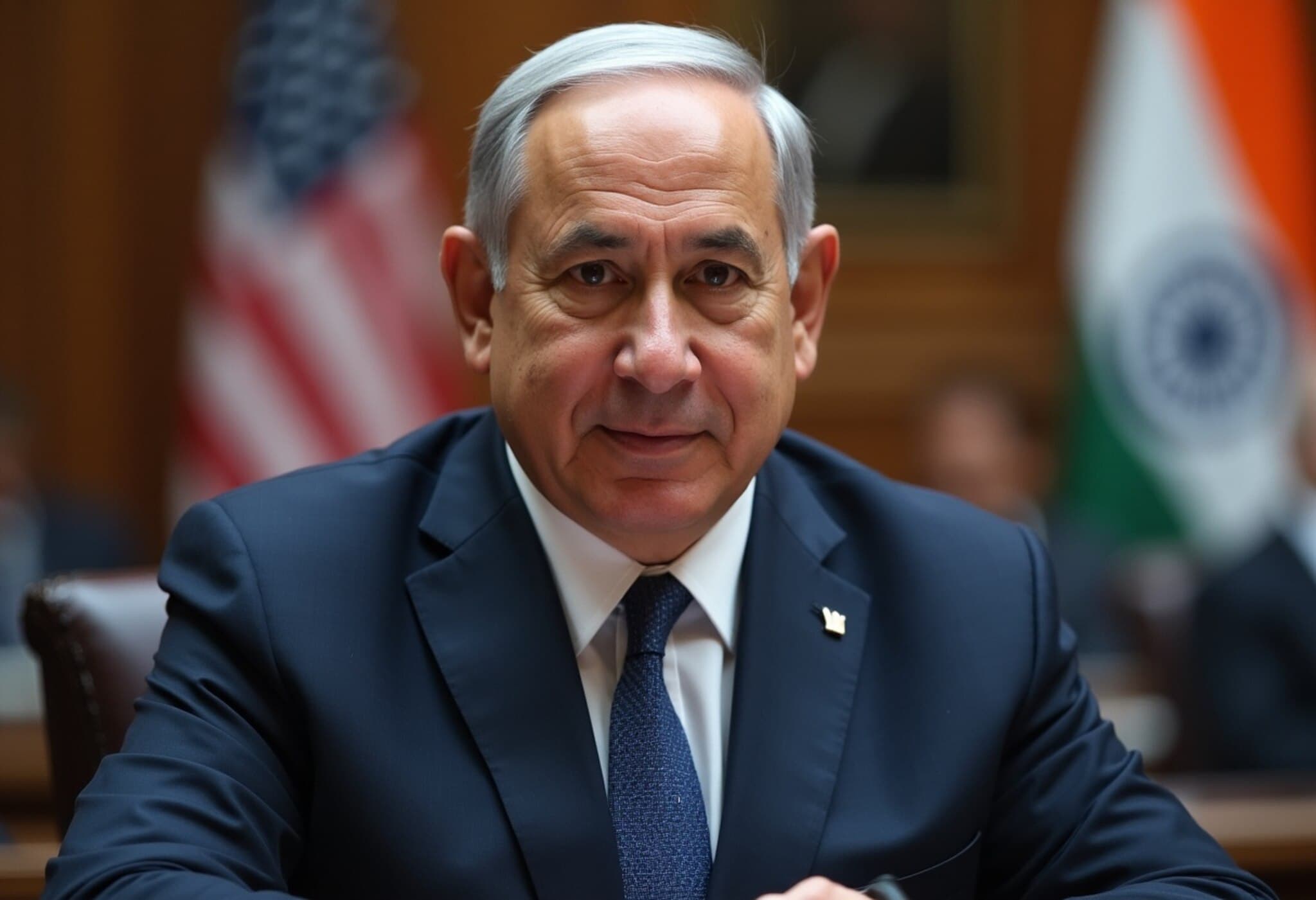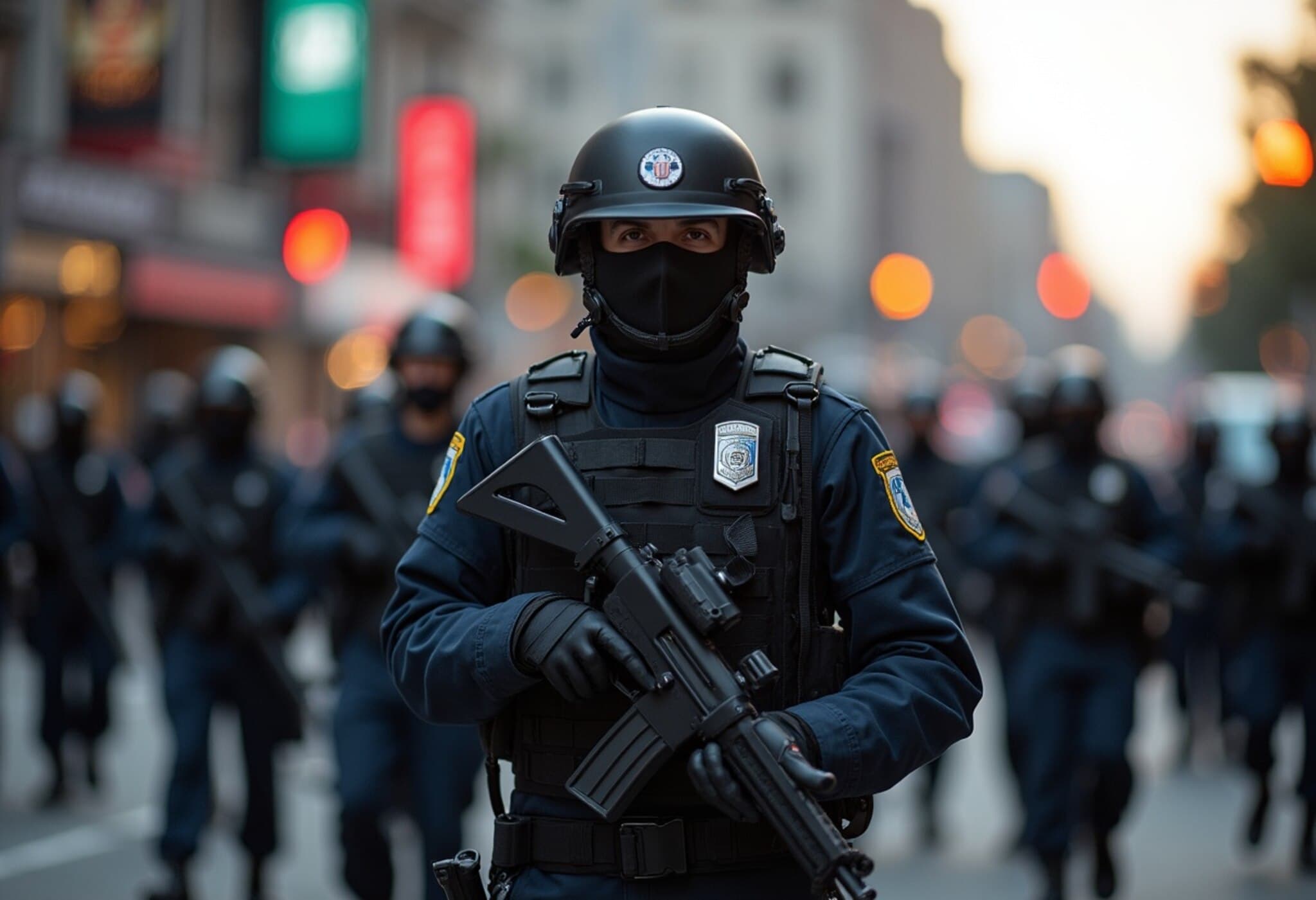Netanyahu Signals Shift in Gaza Ceasefire Talks to Demanding All Hostages Released Together
Israeli Prime Minister Benjamin Netanyahu has indicated a significant change in the approach to ceasefire negotiations amid the ongoing Gaza conflict. In a recent interview on August 13, 2025, Netanyahu suggested that Israel is now prioritizing the release of all hostages held by Hamas in one collective exchange, moving away from earlier discussions that involved phased releases.
Background: Renewed Ceasefire Talks and Hostage Crisis
These developments come on the heels of indirect talks that appeared to stall last month but were reignited with a Hamas delegation’s arrival in Cairo for renewed ceasefire negotiations, as reported by Egypt's state-run Qahera news channel. The talks, brokered by mediators Egypt and Qatar, reportedly propose a framework involving a comprehensive deal — a lasting ceasefire, withdrawal of Israeli forces, and the simultaneous release of all hostages.
This is significant given the continuation of hostilities over the past 22 months, resulting in severe humanitarian crises and massive displacement within Gaza.
Netanyahu’s Firm Stance: No Partial Releases
On Israeli network i24 News, Netanyahu dismissed the potential for a partial ceasefire deal, saying:
“I think it’s behind us... I want all of them, the release of all the hostages, both alive and dead — that’s the stage we’re at.”
Netanyahu underscored Israel’s demands remain unchanged — the war will conclude only after all hostages are returned, Hamas has surrendered, and despite this, Israel intends to maintain open-ended security control over Gaza.
Hamas’ Position: Conditional Release and Continued Resistance
Hamas continues to assert that it will release hostages only if Israel responds with a reciprocal release of Palestinian prisoners, a durable ceasefire, and withdrawal from Gaza. The militant group remains defiant about laying down arms, positioning continued resistance as a non-negotiable condition.
Humanitarian Toll: UN Sounds Alarm on Starvation and Malnutrition
Amid stalled negotiations and ongoing military operations, the United Nations has raised a grave humanitarian alarm. The World Food Program and Gaza’s Health Ministry report that starvation and malnutrition have reached their highest levels since the conflict began.
- The Gaza Health Ministry, affiliated with the Hamas government, confirmed that five people died from starvation and malnutrition in 24 hours alone.
- Since the outbreak, 121 adults and 101 children have succumbed to malnutrition-related causes.
- Humanitarian supply flows remain drastically below required levels, with aid blocked or delayed due to Israeli restrictions.
These stark statistics point to a desperate need for humanitarian relief, even as military strategies and political tensions entrench the conflict further.
Military Operations and Contested Incidents
Israel continues its military campaign, planning to expand operations into the less controlled regions of Gaza—an initiative drawing widespread international condemnation and serious criticism within Israel itself.
Separately, the Israeli military disclosed an airstrike targeting militants disguised as humanitarian aid workers, using a vehicle branded with the World Central Kitchen logo—an international organization dedicated to rapid food relief in conflict and disaster zones. Upon confirming these individuals were not affiliated with the charity, Israel proceeded with a strike, underscoring the complex challenges humanitarian groups face amid the fog of war.
World Central Kitchen condemned the misuse of its branding, emphasizing the danger such actions pose to legitimate aid workers who risk their lives daily to alleviate civilian suffering.
Contextual Analysis: Complexities and Consequences
The renewed talks reflect the exhausting stalemate where both Israeli security concerns and Palestinian demands clash with humanitarian imperatives. Netanyahu’s insistence on releasing all hostages simultaneously could signal a more rigid negotiation posture, potentially prolonging the impasse unless Hamas modifies its longstanding demands.
Meanwhile, the catastrophic human toll in Gaza raises urgent questions about the limits of military objectives versus humanitarian obligations. The international community's response will be critical in balancing these tensions, especially given the escalating malnutrition and displacement statistics.
Experts observe that prolonged negotiations without substantial breakthrough risk hardening positions on both sides, while civilians bear the brunt of this tragedy.
What Lies Ahead?
- Can mediators broker a deal accommodating both Israel’s demand for comprehensive hostage release and Hamas’ conditions?
- Will there be increased international pressure to alleviate Gaza’s humanitarian crisis?
- How might Israel’s plans to widen military operations affect ceasefire prospects and civilian safety?
Editor’s Note
The Gaza conflict remains a deeply complex and evolving crisis where military strategy, hostage diplomacy, and humanitarian necessity intersect with profound human cost. Netanyahu’s recent statements mark a potential turning point in ceasefire discussions, but the stiff Hamas conditions and worsening humanitarian situation signal challenges ahead. Readers are encouraged to consider not only the geopolitical stakes but also the human stories behind the headlines—the civilians trapped at the heart of this enduring conflict.


